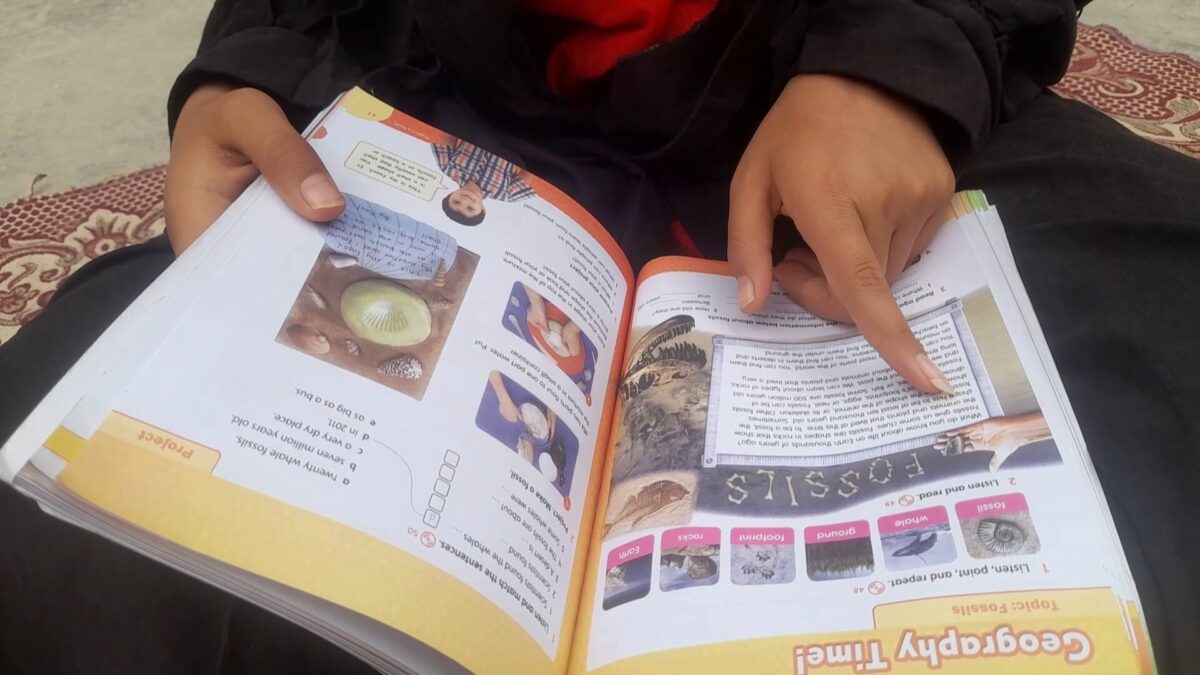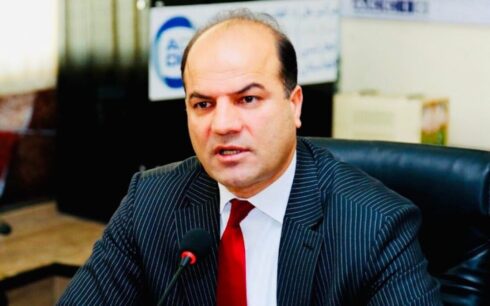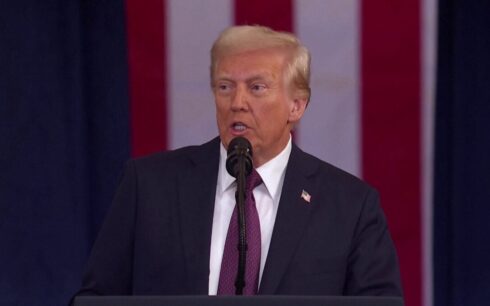“Seek knowledge from the cradle to the grave.” This timeless call, reminiscent of the wisdom of great philosophers, transcends gender distinctions in education, advocating for universal enlightenment. Yet, in an era where educational principles are celebrated, we confront a stark reality: a world entrenched in patriarchal norms, from Socrates’s Athens to the Taliban’s Afghanistan, where women are often relegated to second-class status.
Imagine the societal revolution if the immense energy and time women globally expend in the quest for equality were redirected towards progress. Such a shift could catalyze profound and positive transformations.
Despite the West’s proclaimed dedication to educational equality and accessibility, stark disparities persist. In Afghanistan, for instance, girls in remote or conflict-ridden regions are still coerced into early marriages—a practice increasingly normalized.
Historically, Afghanistan’s Queen Soraya laid the groundwork for gender equality by opening the first school for girls, igniting a movement that saw women thrive in professional spheres. This brief epoch of enlightenment bolstered the national economy significantly.
Education unveils the truth: our destiny, whether paradise or perdition, is not predetermined. Born free, we cherish our inherent blessings. Men’s salvation hinges on their actions; women are accountable only to themselves.
Regrettably, with the resurgence of conflict in Afghanistan, adversaries of peace and progress resumed their crusade against enlightenment, exploiting religion to justify their atrocities.
The Pivotal Role of Education in Society
The adage that the destruction of a nation begins with the undermining of women’s education rings painfully true in Afghanistan. Imagine the heights Afghanistan could reach with educational institutions that meet international standards instead of Taliban-run schools.
Afghan women have proven their mettle across diverse fields, from aviation to law, underscoring their indispensable role in the nation’s development.
In a society where education is universally accessible, negative phenomena like theft, violence, and drug abuse diminish. Educated citizens are more cognizant of their rights and make decisions that benefit their future and the community at large.
Imagine a nation where, instead of assaulting universities, efforts were concentrated on fostering safe and nurturing educational environments. We could then counter ignorance with wisdom, as a famous philosopher suggests, “We are what we think and we live in our thoughts.”
Our beliefs shape our actions and, by extension, our society. Children emulate our deeds. When asked whether men or women should vote if only one gender could, a philosopher opined for women. His rationale? An educated man decides for his benefit; an educated woman uplifts an entire society.
Let us unite in proclaiming: Education is our inalienable right! We demand quality education, liberty, and equality.
Mina Rafiq is an advocate for human rights and head of the Norwegian Water Association for Afghanistan, and in charge of the association for fighting illiteracy and poverty.
Opinions expressed are the author’s own and do not necessarily reflect those of the Amu website.





